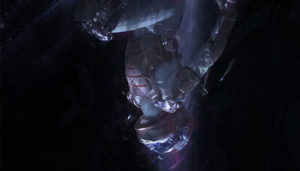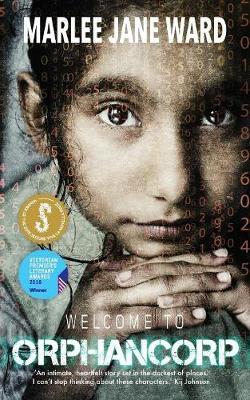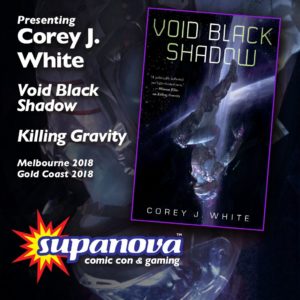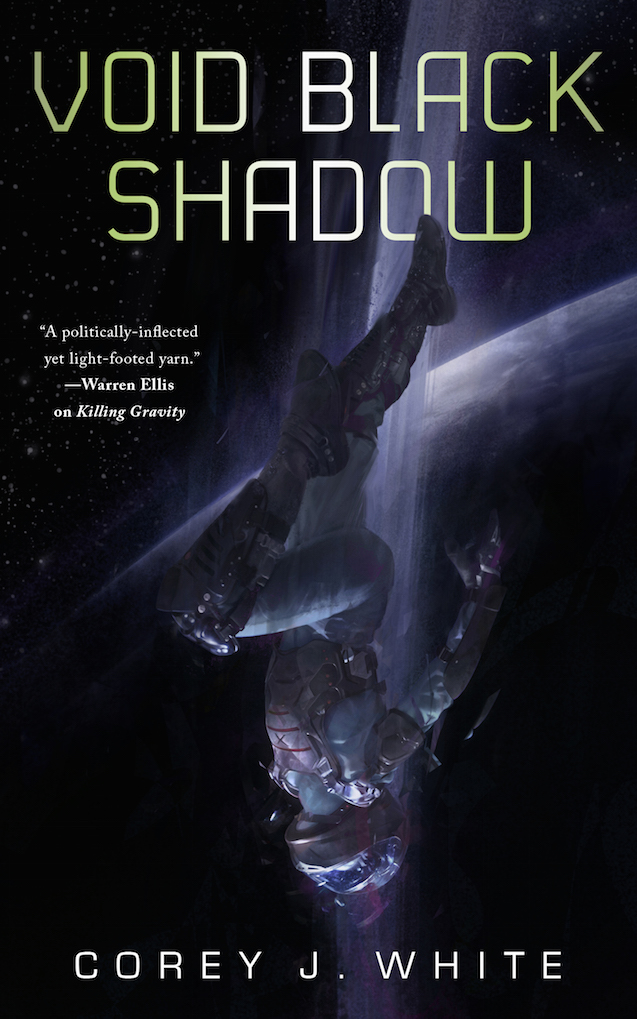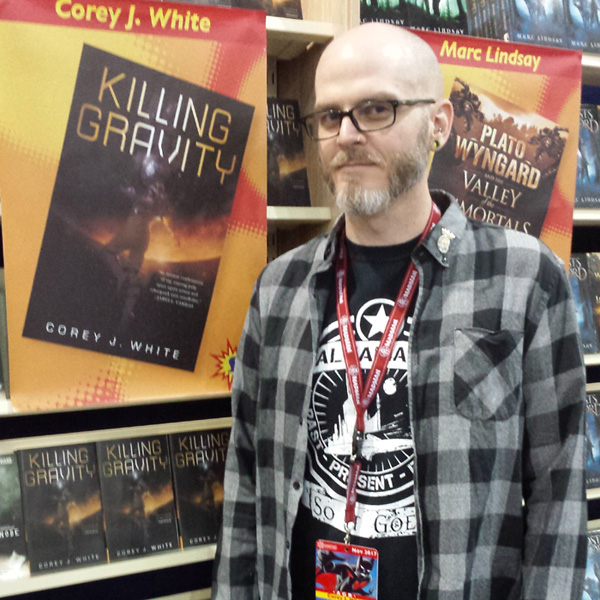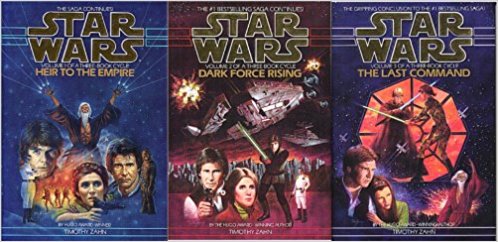The below is a quick and dirty manifesto I put together for a writing prompt over at Ganzeer’s Restricted Academy forum. I love a good manifesto – filled with pomp and self-importance, (naive?) idealism, and moral absolutism. I think they rarely stand up to scrutiny, but they’re not meant to, they’re meant to grab people’s attention and put a fire under their arses. It’s meant to get people to think.
So here’s my manifesto titled Cyberpunk’s Not Dead, But Maybe It Should Be. A little half-baked, but it’s something I’ve been thinking about recently. It also ties into one of the books I’m planning – with it, I hope to develop the language and themes of a new SF sub-genre, the same way William Gibson did with Neuromancer and cyberpunk (because, hey, why not aim for the moon, right?). With that background established, here it is:
//
Cyberpunk promised us a corporate-controlled future where, despite advancements in tech, average people would struggle to survive while the rich hid away in opulence. That’s the future we got, but we deserve better.
Inspired by the potentials inherent in CRISPR gene-editing, CRISP SF isn’t post-cyberpunk, it isn’t ecopunk, solarpunk, or cli-fi. It’s a new type of fiction that strives to discard anthropocentric perspectives and replace them with something, anything, else. CRISP SF is about change – it’s about climate change caused by human intervention, it’s about changing humanity into human-animal hybrids to survive radical climate change. It’s about what it means to be human if destructive ideas about “dominion over nature” are finally done away with. It’s about what it means to be human if we consider ourselves simply one part of the hyperobject called Earth. It’s about what it means to be human if we treat the animals, plants, and microbes as our peers instead of as our servants, our food, our raw materials waiting to be packaged, branded, and sold.
CRISP SF is post-capitalist. CRISP SF is post-anthropocentric. CRISP SF is the future.
CRISP SF is about changing our perspective as we change our DNA. CRISP SF is about considering the personhood of non-human animals in an effort to stop the Great Extinction Event we have wrought.
Because we can do better. Because the world deserves better from us.
//
19th September, 2018
Just had an email from someone that caused me to sort of crystalise some of my thinking above. Here’s what I wrote:
There’s no doubt that human-animal hybrids have been present in cyberpunk for decades now (Jeff Noon’s Vurt comes to mind), but that’s exactly the point I’m wanting to make with CRISP SF – getting completely away from cyberpunk’s influence.
Cli-fi is set to become the next big subgenre of science-fiction, but when people slap names on it like solarpunk or ecopunk, I feel like it’s limiting the genre’s strength/reach/uniqueness. The whole punk aesthetic is based on aggressive individualism where buying, making, and/or wearing particular products mark you as belonging to that subculture. Sure, crust punks and the like are completely anti-capitalist, but the rest of us buy our rebellions and our subcultural identities. Cyberpunk itself came about at the height of neoliberalism, and it seems to me that rampant capitalism/consumerism is in the genre’s DNA.
So, with Crisp SF I don’t want to just show ways we might buy our way out of a climate apocalypse, or a way massive corporate spending or trillionaire technocrats might save us, because that is all just more bullshit the failing capitalist system is trying to sell us today. I want to imagine a future that is post-capitalist (or transitioning to it), and where it’s aggressive, forced evolution and mutation that sees “humanity” adapt to a climate changed world, rather than gadgets for purchase, trillionaire technocrats, unpredictable, likely-damaging geoengineering projects, or the abandonment of Earth in some sort of plutocratic exit strategy.
I’m not saying I’ll pull it off, or that the two books I’m currently planning will ever see the light of day, but that’s the challenge I’ve set myself.
